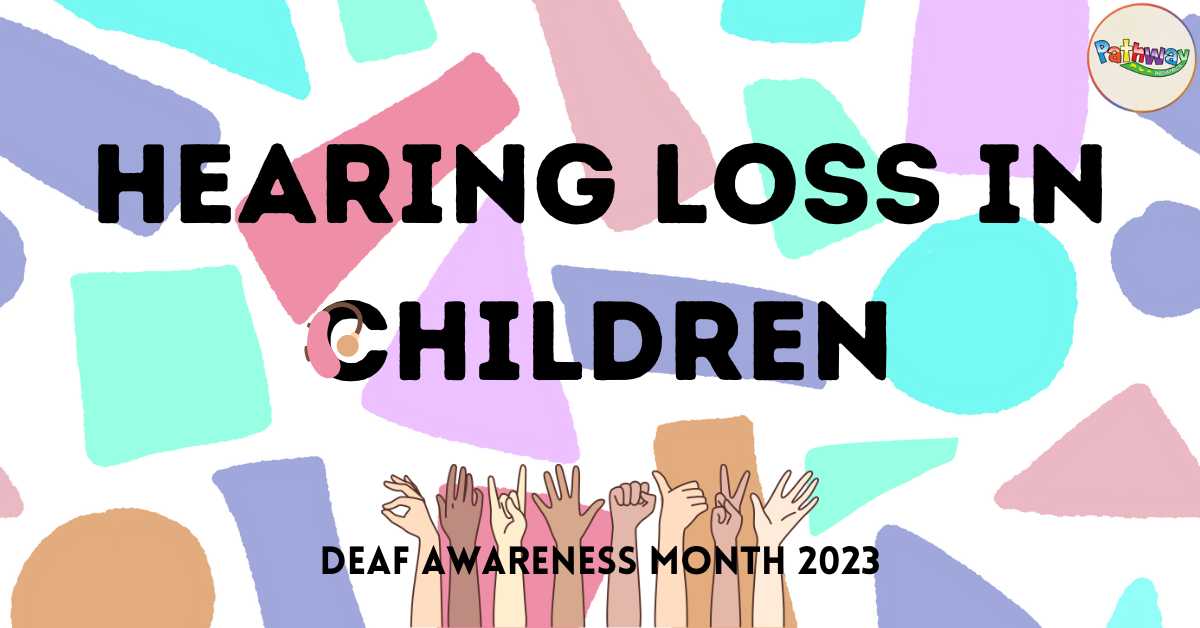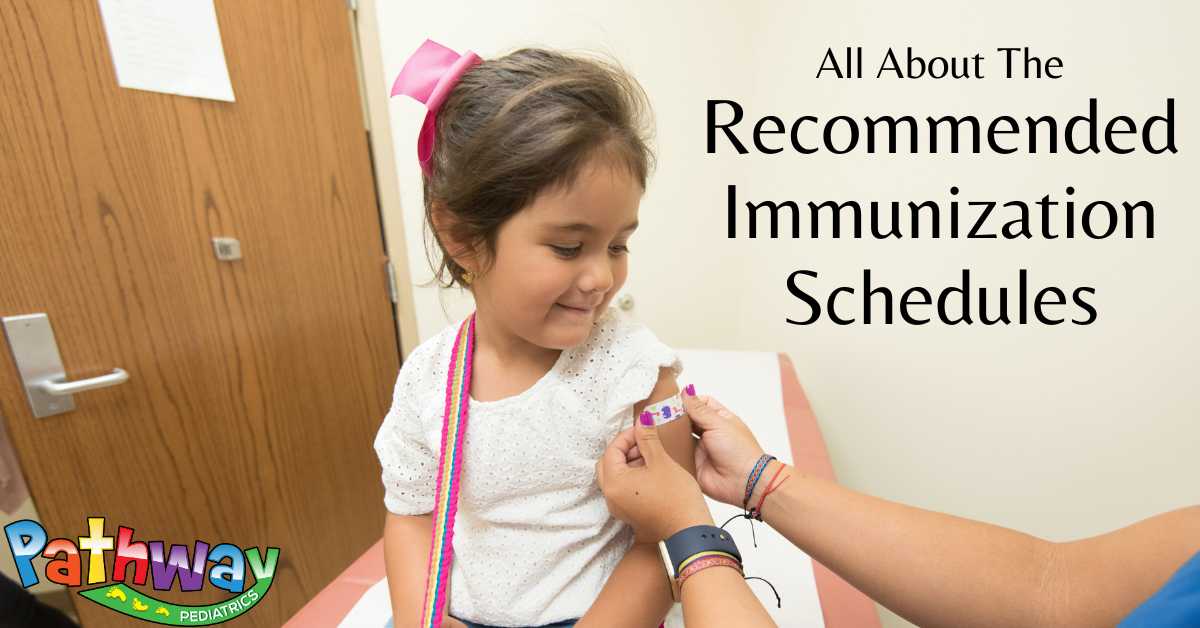
RSV, Flu & COVID: What is the Difference?
Your child has a stuffy nose, cough, and fever. Is it the flu? COVID? Or are they symptoms of respiratory syncytial virus (RSV)? Let’s look at four common childhood illnesses caused by viruses – COVID, flu, the common cold, and respiratory syncytial virus (RSV). All of them share some similar symptoms. Here are some clues […]
September 27, 2023
read more
Hearing Loss in Children
September is Deaf Awareness Month. The deaf community comes together every September to promote awareness of needs amongst the community and to celebrate the rich history surrounding the deaf community. They also use this time to highlight continued advocacy for deaf rights under the Americans with Disabilities Act (ADA). In recognition of Deaf Awareness Month, […]
September 20, 2023
read more
Tummy Time Activities
Supervised tummy time is important for a baby’s physical development. Tummy time also allows your baby to visually explore the environment in a new way. When positioned on their back, they can see only the ceiling and whatever is directly around them. But on their stomach, they use their muscles to lift their head and see the […]
September 13, 2023
read more
Cow’s Milk Alternatives
Milk is a grocery list staple for many families. But some avoid it because of milk protein allergies or other health concerns. Some kids simply don’t like the taste. These families may choose from a growing array of cow’s milk alternatives that now fill the dairy aisle. The nutritional content in the various dairy alternative products is important […]
August 30, 2023
read more
How to Clean Your Breast Pump: Tips to Keep it Germ-Free
Breast milk offers many benefits to babies and their parents. It provides optimal nutrition to help infants grow. Pumping is one way to maintain your milk supply and provide breast milk when not directly breastfeeding. However, unless it is stored properly once pumped, germs can grow quickly in breast milk. That’s why it is important to make sure all […]
July 5, 2023
read more
All About the Recommended Immunization Schedules
Each year, top disease experts—including pediatricians—work together to decide which vaccines to include in the Recommended Child and Adolescent Immunization Schedule for ages 18 years or younger. The schedule is approved by the American Academy of Pediatrics, the Centers for Disease Control and Prevention and other health care organizations. It is based on review of […]
May 10, 2023
read more